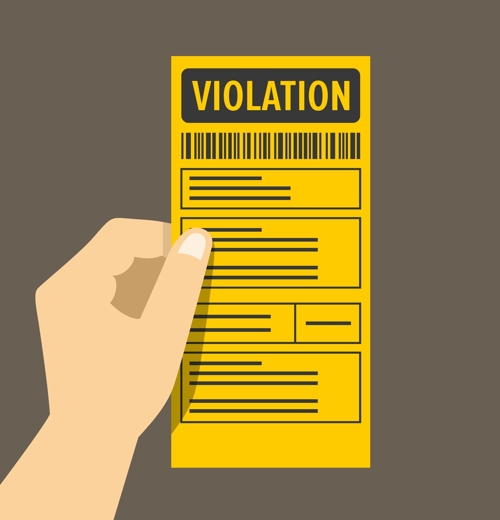
In B* Holdings N.Y., LLC v. B., the Appellate Term, Second Department, affirmed the Civil Court’s dismissal of a nonpayment petition brought by the landlord against a rent-stabilized tenant. The dispute centered on rent arrears allegedly accrued between November 2018 and November 2019. The tenant, B, raised an affirmative defense under Multiple Dwelling Law § 302-a, which allows tenants to withhold rent when certain rent-impairing violations remain uncorrected for more than six months.
B. supported her defense with documentation from the New York City Department of Housing Preservation and Development (HPD), showing that violations had been issued for rent-impairing conditions in the public hallway and on the building’s roof—dating back to April 2016 and February 2018, respectively. As of October 2023, those violations remained uncorrected. She deposited the disputed rent into escrow and moved for summary judgment.
The landlord opposed the motion, arguing that repairs could not be made due to lack of access to the tenant’s apartment. However, the court found this argument unpersuasive because the violations in question were located in common areas, not within the tenant’s unit. Under Multiple Dwelling Law § 302-a (3)(b), the landlord cannot rely on lack of access to excuse failure to correct violations outside the tenant’s apartment.
The Civil Court granted summary judgment in favor of the tenant, awarding her a 100% rent abatement beginning six months after the issuance of the violations. The Appellate Term affirmed, holding that the tenant had properly established her defense and that the landlord’s justification was insufficient.
The landlord’s additional argument—that the tenant failed to certify that the violations remained uncorrected—was raised for the first time on appeal and thus not properly before the court. Even if considered, it lacked merit. Under the Administrative Code, failure by the owner to file a certification of compliance creates a presumption that the violations remain outstanding, which the landlord did not rebut.
This decision reinforces the tenant protections embedded in the Multiple Dwelling Law and underscores the importance of timely correction of rent-impairing conditions in common areas. It also clarifies that landlords cannot rely on tenant access issues when the violations are not within the tenant’s premises.
NO FIX, NO FUNDS, NO APOLOGIES
# # #
DECISION
